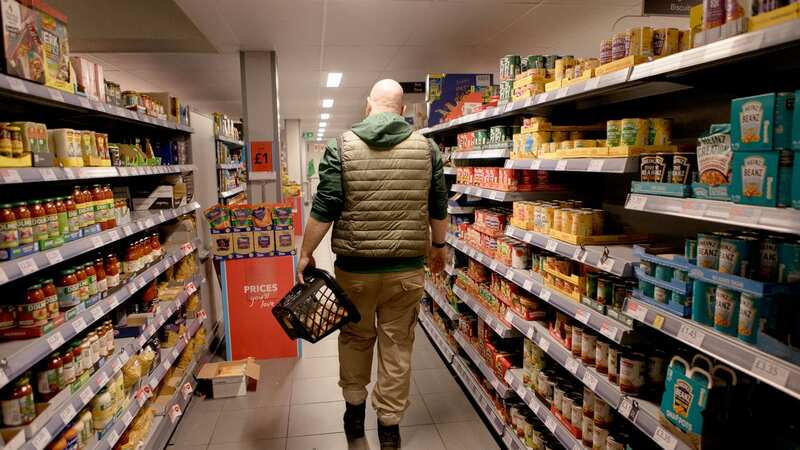Supermarkets accused of watering down mulled wine and hiking price of mince pies

Supermarkets have watered down the alcohol content in mulled wine, in another cost of living blow for Brits this Christmas.
Sainsbury’s Mull It Over wine costs £3.50 this year, up from £3.25 in 2022, despite the alcohol by volume (ABV) being reduced from 5.5% to 5%. The Sun investigation also found Morrisons Winter Warmer has been slashed from 8% ABV to 5% - although it has also been cut in price from £3.89 to £2.50.
Tesco Vineyard Mulled Wine costs the same at £3, but the ABV has gone down from 5.5% to 4%. Major supermarkets have also increased the price of mince pies and pigs in blankets. Of six supermarkets that were looked at as part of the investigation, only Asda was found to have not hiked prices for its own-brand pack of six mince pies.
Sainsbury’s was highlighted as a worst offender, after its mince pies were increased from £1.25 in 2022, to £1.60 this year. In terms of pigs in blankets, The Sun found Morrisons now charges £2.50 for a pack of 12, up from £2.25 last year.
Households have been struggling with rising prices in the supermarkets, with food inflation having peaked at 19.2% in March 2023. The British Retail Consortium, which represents supermarkets, said: “Prices and sizes of all products are clearly labelled so that customers can make informed decisions about their purchases.”
 Shop prices 'are yet to peak and will remain high' as inflation hits new heights
Shop prices 'are yet to peak and will remain high' as inflation hits new heights
The news comes after suppliers of some branded products including baked beans, mayonnaise, infant formula and pet food were accused of raising prices by more than their costs. The Competition and Markets Authority (CMA) said most of the food price inflation has been down to extra costs faced by food suppliers, including higher energy bills and staff wages - however, it found evidence to suggest three in four companies have added extra profits on top of these increases.
As a result, customers have switched to cheaper products to keep costs down. The CMA said: "This switching is positive for competition and allows those able to switch to lessen the impact of high food price inflation."
However, there is less competition for infant formula, the CMA said, which makes it harder for parents to shop around. The watchdog will start a separate review into the infant formula market after finding just two suppliers account for 85% of sales.
Read more similar news:
Comments:
comments powered by Disqus

































